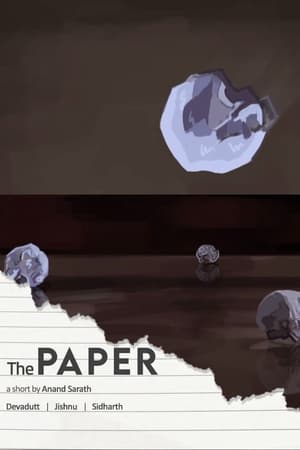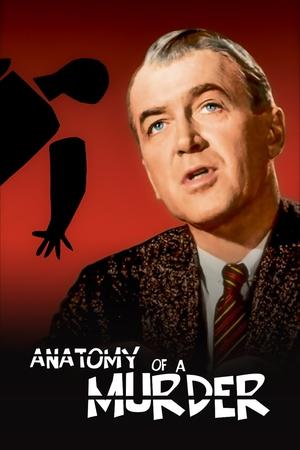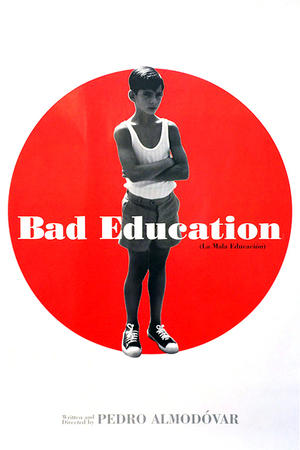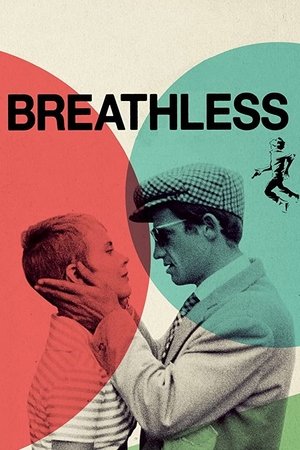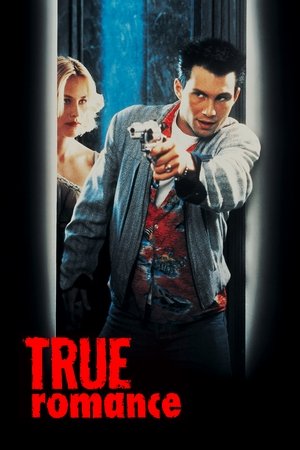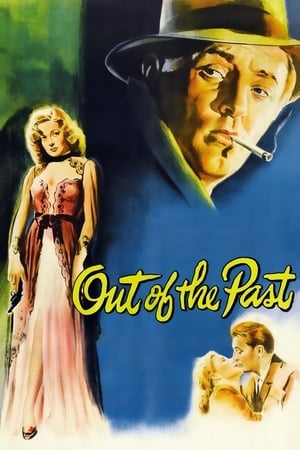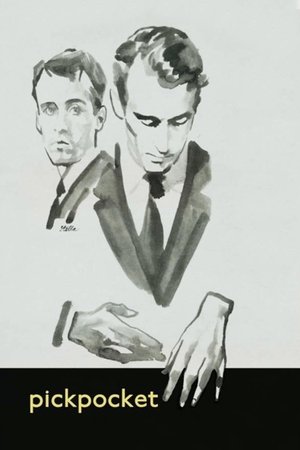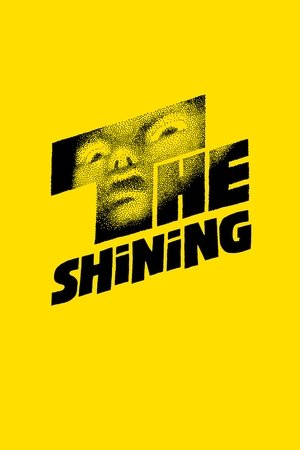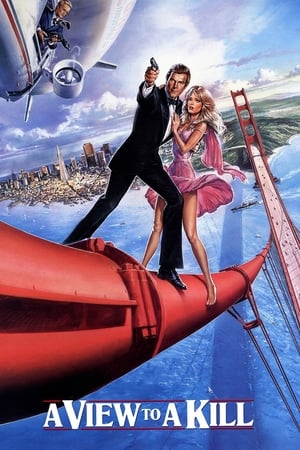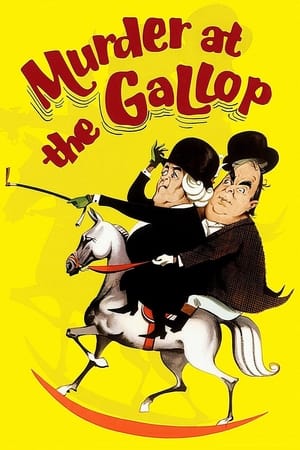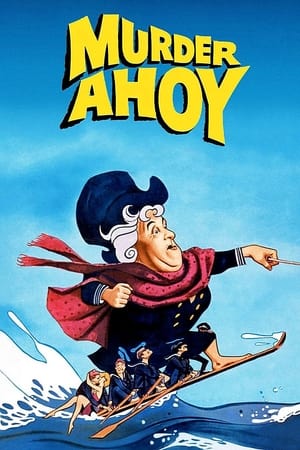Overview
Actor Lester Blaine has all but landed the lead in Myra Hudson's new play when Myra vetoes him because, to her, he doesn't look like a romantic leading man. On a train from New York to San Francisco, Blaine sets out to prove Myra wrong...by romancing her. Is he sincere, or does he have a dark ulterior motive?
Reviews
noiroftheweek.com
The Homme Fatale in Sudden Fear
“See, I’m not the kind of man who can live on his wife’s money.”
We’re twenty-four minutes into the film Sudden Fear when we realize that the main male character, actor Lester Blaine played by Jack Palance is rotten, and it’s this knowledge that acts as a suspense builder in this taut noir film—a tale of greed, adultery and murder. Up to this point, we’ve just suspected Lester’s intentions, but now our doubts are proved correct. Sudden Fear, a woman-in-jeopardy noir with Joan Crawford playing heiress, Myra Hudson—is the tale of a woman who may meet a foul end at the hands of her deceptive, less-than-loving husband, Lester. For a large chunk of the action, Myra is oblivious to her husband’s evil intentions, but since the plot lets the audience in on the threat, we are committed to the suspense from the start. As spectators, we know that Myra is in danger, and so we are riveted to Lester’s devious plan to rid himself of a wife he so obviously loathes.
Sudden Fear based on a novel by Edna Sherry, brought Crawford her third and final Oscar nomination for Best Actress. Directed by David Miller this 1952 film was the first picture Crawford made for RKO after asking to be released from her Warner Bros. contract. Crawford hated her last Warner Brothers film--This Woman is Dangerous. The film cast her in a rather spongy, implausible role as a female gangster who loses her eyesight and then turns soft and weepy when faced with a possible future as a happy little housewife. For noir fans, Sudden Fear showcases Crawford in one of her most powerful roles.
When Sudden Fear begins, wealthy playwright Myra Hudson is in New York casting for her new play. Lester Blaine lands the part of the leading man, but during rehearsals, Myra finds him lacking as a romantic hero. She abruptly, publicly, and rather callously fires him on the spot. Myra’s advisors think she’s making a mistake, but since Myra always gets her way, a disgruntled and bitter Lester exits the stage.
Myra’s play is a raging success, and she’s due to return home to San Francisco by train. Is it coincidence that Lester Blaine just happens to turn up as a passenger on the same train? Myra seems to think so, but in light of Lester’s humiliation, somehow, his statement that he has no hard feelings towards Myra just doesn’t feel right. On the train journey to San Francisco, Lester entertains and woos Myra, and by the time they reach their destination, Myra is in love. Lester seems to be the perfect lover, and he certainly has perfected the symptoms of an enamored man. He’s attentive, sensitive and gentle, and Myra, who’s smitten by the romance, seems oblivious to the differences in their ages and social status.
Myra may be swept along with Lester Blaine’s smooth style, but for audience members, that niggling doubt remains. At this point, however, Lester’s game may be mean-spirited revenge, or perhaps he’s a pathetic loser after her money. But one brilliantly constructed scene clarifies Lester’s manipulation and Myra’s vulnerability. Lester fails to show up for an evening at Myra’s splendid home, and Myra ditches her guests to seek out her missing beau. While she dashes to his hotel, we see Lester pacing back and forth, waiting only for Myra’s arrival to begin a performance that involves his pride, a suitcase and a one-way trip back to New York. It’s with this scene and its clever camera shots that Lester is revealed as the center of power in the relationship, less-than-sincere and dangerously manipulative in his professions of love.
After we become aware of Lester’s true intentions, the suspense moves away from the question of what Lester is capable of to when and how Myra will have an “accident.” The plot plays with scenes at Myra’s gorgeous coastal cliff top home. The steep stairway to the ocean, carved into rock offers the perfect location for a nasty accident. Since the audience knows that Lester has evil intentions towards his wealthy wife, we are riveted to Myra’s nimble walk (in high heels) down the rocky staircase. We can wince all we want at the spectacle of Myra’s potential danger, but we are powerless to warn her.
Another clever device used as a suspense builder by the film is the use of Myra’s recording machine. The plot reveals this nifty little piece of technology early in the film—along with a demonstration of its abilities. The machine is a crucial part of the plot, but as it turns out, machinery may be relied on for its usefulness, but it’s still subject to the vagaries of human emotion.
The plot thickens when tarty, brash Irene Neves (Gloria Grahame, one of my all-time favorite noir stars) arrives on the scene as Lester’s vicious love interest. Irene hasn’t been invited to San Francisco, but she wheedles her way into Myra’s exclusive set nonetheless. Greedy and amoral, she accelerates Lester’s desire for wealth, and together they make a lethal combination of lust, violence and murderous design. Clever camera shots of reflected images in mirrors reveal the main characters’ true emotions—Myra’s lawyer’s distrust of Lester, Irene planning murder, Lester’s mask of loving, doting husband suspended, and Myra horrified by just how far she’ll go.
The film’s plot is as well rounded as a Greek tragedy, with just desserts for those who concoct evil ends for others. But it’s the delivery of those just desserts that makes for riveting viewing. The city of San Francisco assumes a spectacular role in Sudden Fear. The film includes great shots of the city, and it’s played here as both an ambivalent setting for nefarious actions, and also as a rat’s maze in the frenzied, final action-packed scenes. The city’s inanimate beauty serves to highlight urban indifference to its inhabitants’ actions.
Sudden Fear gives Crawford a terrific role and gives her the chance to act her heart out. Here she’s the tough, cold businesswoman who melts with Lester’s continued interest. Weakened by emotion and threatened by violence, she spends one hysterical terror-filled night in the shifting shadows of her bedroom before going on the offensive in the no-one-fucks-with-Joan role fans love so much. The fact that Myra is a successful playwright is artfully weaved into the story when she imagines she can write her way out of a real-life problem just as she would write a script for one of her plays. Myra’s attempt to script her own life is seen in a series of imagined flash-forward sequences. Unfortunately, since she is dealing with real people and not fictional characters, there’s an element of unpredictability that even Myra can’t anticipate. Just as the timing in a play must be precision perfect, Myra’s scheme also relies on split second sequencing. The film uses the ticking of a clock to emphasize the crucial timing involved in Myra’s plan. The clock ticks away like a metronome with the action and nerve-wracking suspense building to a frenzied, orgasmic, and deadly conclusion.
Written by Guy Savage
You know what happened to Nietzsche?
Sudden Fear is directed by David Miller and adapted to screenplay by Lenore J. Coffee and Robert Smith from the novel written by Edna Sherry. It stars Joan Crawford, Jack Palance and Gloria Grahame. Music is by Elmer Bernstein and cinematography by Charles Lang Jr.
"Miss Hudson, in your own native city of San Francisco, there's an art gallery in the Legion of Honor in which there's an oil painting of Casanova. It's quite obvious that you have never seen this painting. For your information, Miss Hudson, this is what Casanova looked like. He had big ears, a scar over one eye, a broken nose, and a wart on his chin, right here. I suggest, Miss Hudson, that when you return to San Francisco, you visit this gallery and see this painting!"
The above is the response Lester Blaine (Palance) gives to Broadway playwright Myra Hudson (Crawford) who has just rejected him for the lead role in her latest play on account of his looks. Later that day the pair meet up on a train heading for Frisco and Myra is swept off of her feet. They court and marry, but once finances come into play and Irene Neves (Grahame) arrives on the scene, something far more sinister begins to rear its head
It takes a while to get going, but once Sudden Fear hits its stride it's a suspenseful noirish delight. Filmed on locations in San Francisco and with Lang Junior bringing the chiaroscuro and Miller dabbling in deftly placed shadows and tracking cameras, there's a visuality that's vital to the edgy atmosphere of the story. It's pretty obvious quite early on what is happening in the plotting but this never affects the suspense, Miller builds it slowly and then unleashes the chills at the midpoint, garnering top performances from the three principal players in the process. It's ready made material for Crawford, where she gets to run through her repertoire of female emotions, while Palance enjoys playing the villain and Grahame slinks in to view in the way that only she can.
Some trimming of the running time wouldn't have gone amiss, and some of Myra's stamina powers in the final quarter stretch the faith a touch, but all told it's a very good "woman in peril" noir that is crowned by a terrifically exciting ending. 7.5/10
Joan Crawford and Jack Palance both turn in strong performances in this dark tale of ambition and betrayal. Crawford is great portraying a middle-aged playwright who bumps Palance off a play she has written. On a train journey, however, they meet again and we start a sequence by which he ingratiates himself and marries her. Soon we discover that Palance has been in cahoots with girlfriend Gloria Grahame and they have desires on his new wife's considerable fortune. When Crawford announces plans to leave much of her cash to charity; they hasten their plans but she finds out and devises a clever plan of her own. There is plenty of jeopardy, right until the end of this gripping, tense and superbly scored (by Elmer Bernstein) film noir.

 112 min
112 min
 7.245
7.245
 1952
1952
 USA
USA
 Steve wrote:
Steve wrote:
